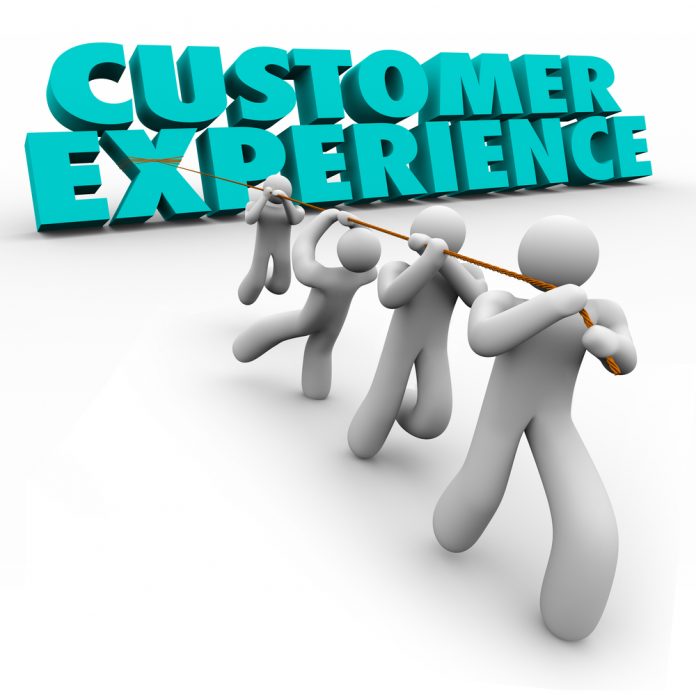One thing every hotel, guesthouse or B&B will generate every time they welcome a guest is a customer experience. It may be good, bad, or indifferent – but it will also be useful. In the drive to generate more custom and revenues, the hospitality industry needs to offer good experiences more than any other. Whether travelling on business or for leisure purposes, guests expect to be treated well, receive a level of comfort and facilities commensurate with the price they paid and leave feeling they have enjoyed their time at your establishment.
There are two practical positive outcomes that can arise from a guest’s stay. One is that they will be happy to come back the next time they visit the area, while the second is a willingness to recommend the establishment to others, either by word-of-mouth or online via sites like TripAdvisor. Either instance – or better still both – will mean more guests staying and thus extra revenue. To reach this point, however, means ensuring the customer experience is a good one. This requires ensuring quality is high, the service is relevant and that the services and facilities provided are marketed to the right audience. In order to achieve this goal, the customer experience strategy in place must be both pro-active and reactive.
A reactive strategy
Being reactive means being brave enough to take onboard whatever feedback comes your way from customers – and make use of it. Some may baulk at the prospect of offering channels for potentially negative feedback and blanch at some of the negative comments that could be received. However, even if some of what is said may be exaggerated or unreasonable – on a par with a complaint that the local beach is “too sandy” – there will be plenty that could provide pointers for the future. If nothing else, it will ensure you are not left wondering why if some of your customers decide to go elsewhere next time. By doing this you can eliminate obvious problems, but also add more subtle refinements to make the overall offering better and also increase your flexibility to meet the needs and desires of more guests in a better way.
A pro-active strategy
However, it is also important to be aware of new developments in terms of the kind of trips people take, the way technology can be used and general industry trends. By moving swiftly to incorporate these into your own services, you can be in the vanguard of providing services that meet the desires of guests in 2015. At the same time, it is sensible to have a look at what you offer and consider ways you can improve it before anyone has cause to tell you something is wrong. For example, if your hotel is located in an area that is just getting a superfast broadband service installed, move swiftly to ensure this is available for guests.
Focus on customers
The key to success is to be able to tailor the customer experience for those your hotel is marketed towards. For example, if your target market is people in their 40s and 50s, the chances are there will be plenty of demand for spa and beauty facilities. If it is a young demographic, lots of energetic activities and late night discos are likely to be popular.
Similarly, if you are involved in helping to arrange tours and trips to local attractions, these should also be focused on your target market. People who feel the hotel is geared to them will want to come back and recommend it to their friends.
Invest in delivery
Every hotel will need investment from time to time, whether to use new technology to make booking easier or simply in maintenance of buildings and furnishings. Indeed, this is a classic example of how you should be proactive. However, there is also the issue of investment in people and systems. Good training and established ways of doing things swiftly and efficiently mean you can deliver good value time and again, not just sometimes. This can be supplemented by innovation, which brings the point about proactivity back to the fore again. The role staff can play in this is significant; part of the training should be to ensure they are not simply automatons that fetch, carry and smile a lot, but are able to act as conduits of information and also people who can spot areas where enhancements can be made to the value proposition.
Indeed, empowered staff can be a great asset. Allowing them to take ownership means they can demonstrate commitment to the business, feeling part of it rather than just doing a job. By giving them the authorisation to act on their own initiative, they can tackle problems themselves without having to refer issues upwards, and in doing so can solve problems sooner.
With committed staff, a proactive outlook and a willingness to listen, you will be able to develop a highly effective customer experience strategy – and enjoy a better bottom line as a result.







